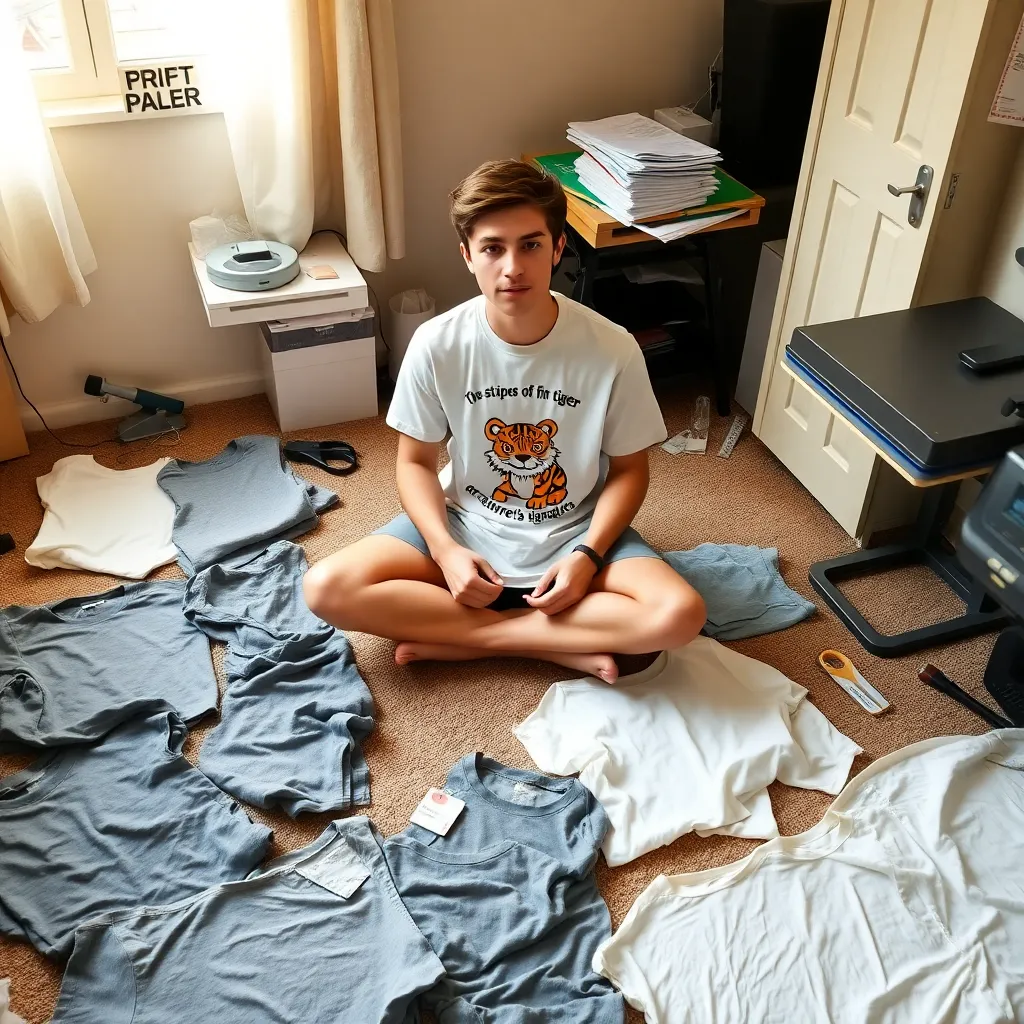About Us – Pewdebris
Not everyone fails spectacularly. But Pewdebris did.
At Pewdebris, it’s not just about selling clothes; it’s a quiet nod of understanding to anyone who’s ever felt like life’s a bit of a glorious, messy, beautiful failure. Pewdebris wasn’t born from a grand vision or a marketing strategy. It started, quite simply, with a sloth.
The Origin Story: A Sloth and a Realization
The founder, Mason Cross, once showed up to a job interview in a dress shirt featuring a tiny sloth peeking out from under the cuff. He thought it was a subtle touch of personality. The interviewer, apparently, did not. No callback. That night, a quiet social media post (“Note to self: Don’t put a sloth on your interview shirt.”) received precisely zero likes and zero comments, save for a single 🤦♂️ emoji from a friend.
But something about that shirt felt right. It was honest in a way a polished resume never could be. So Mason made a few more. Not because he expected them to fly off the shelves, but because they resonated with a raw, relatable truth. It was the beginning of Pewdebris – a brand built on the quiet misfires and beautiful debris of everyday life.
Pewdebris began with a folder full of failed design files, a cheap heat press, and a lingering sense of unfinished business. This isn’t about celebrating failure, but rather acknowledging it, sitting with it, and finding a little bit of comfort and connection in the shared human experience of trying (and sometimes spectacularly not succeeding).
The Process: Slow, Imperfect, and Deeply Personal
Every single design from Pewdebris is born from a real-life “oops” moment. Inspiration comes from the universal struggles: missed deadlines, rejected applications, frustrating creative blocks, ruined pitches, and those days when everything feels off. very shirt is made to order—meaning printing only begins after your order is placed. Why? Because Pewdebris would rather make one shirt that matters than sit on a pile of ones that don’t.
Each shirt is a labor of love, printed meticulously by hand in Albuquerque, New Mexico. No sprawling factories. Just slow, deliberate, and yes, sometimes imperfect work from someone who’s probably also behind on something right now. This hands-on approach ensures that every piece carries a bit of that genuine, human touch.
Pewdebris takes quality seriously, which is why every single piece is test-worn before it ever ships out. If a shirt can’t withstand at least one good emotional collapse and two back-to-back deadlines, it simply doesn’t make the cut. Pewdebris chooses Bella+Canvas blanks not because they’re trendy, but because they’re soft, ethically made, and durable enough to survive the kind of weeks where you forget how many days it’s been since you last did laundry.
Each shirt goes through heat pressing one by one, using a home setup with a vinyl cutter, a commercial-grade press, and a lot of lint rollers. Alignment is done by eye, measured by instinct, and sometimes triple-checked when the design includes text (because crooked words hit differently). If the temperature is off by even a few degrees, the print peels. If the pressure isn’t right, the vinyl bubbles. Nothing moves forward unless it passes what we call the “ugh, fine—I’d wear this” test.
Who It’s For: The Beautifully Imperfect
Pewdebris is for those who keep trying, even when “success” feels far away.
Are you the student who’s renamed the same file five times and still missed the deadline?
The designer who cried over client feedback only to laugh through the tears?
The person who feels like a functional adult—only on paper?
Ever canceled plans just to stare at the ceiling? Worn the same hoodie for days? Sent a bold email and immediately wanted to disappear?
If that’s you, welcome. You’re not broken. You’re just processing. And sometimes, that quiet, relatable struggle deserves a shirt.
What Pewdebris Stands For: Resonance Over Perfection
This isn’t about chasing perfection; it’s about resonance. That quiet internal “yep, that’s me” when a shirt says what you didn’t even know you needed to admit. Not fast fashion. Just slow, slightly crooked, emotionally accurate clothing—for people who are tired, still trying, and still showing up.
The Promise: You’ll Make It Too
At Pewdebris, nothing gets shipped unless it’s been worn during at least one gentle spiral. Every shirt has failed once—maybe twice—before reaching your hands. But somehow, it still made it.
And so will you.
Pewdebris
Wear something that’s already failed, so you don’t have to.
Need Help?
If you have any questions about your order or our shipping policy, please contact us:
Address: 215 7th St NW, Albuquerque, NM 87102
Email: [email protected]
Phone: +1 (505) 720-8718
Support Time: Mon–Sun: 8:00 AM-5:00 PM MST

